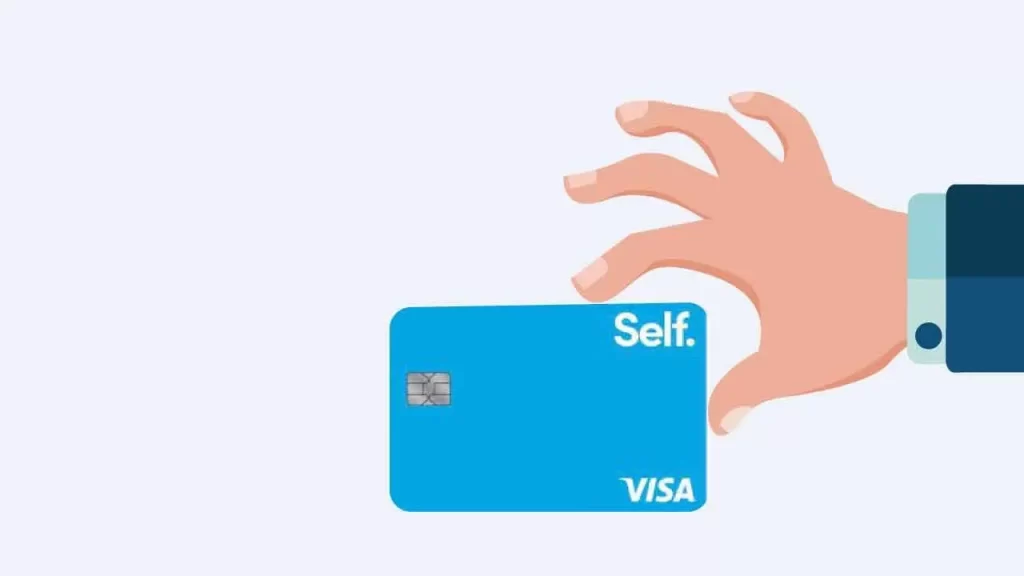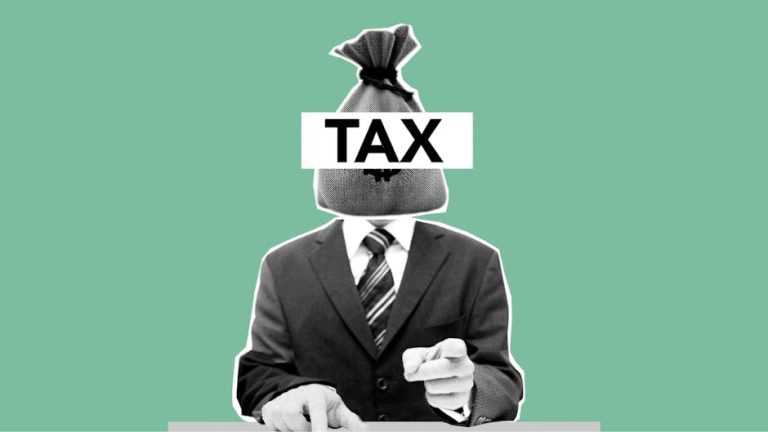A self credit card is a financial tool that allows individuals to build or rebuild their credit history. It is specifically designed for those who may have limited or poor credit scores and helps them establish a positive credit profile. Unlike traditional credit cards, self credit cards require collateral or a deposit as security, giving individuals an opportunity to prove their creditworthiness.
Purpose of a Self Credit Card
The primary purpose of a self credit card is to empower individuals to take control of their finances and build responsible credit habits. It offers a platform for users to demonstrate their creditworthiness by managing their monthly payments and utilizing credit limits effectively.
Self credit cards provide an opportunity for financial growth and stability, allowing individuals to overcome financial challenges and achieve their financial goals.
How Self Credit Cards Differ from Traditional Credit Cards
Self credit cards differ from traditional credit cards in several ways. Firstly, traditional credit cards are typically issued based on an individual’s credit history and credit score, whereas self credit cards are accessible even to those with limited or poor credit.
Secondly, self credit cards often require collateral or a deposit as security, which is not a requirement for traditional credit cards. Lastly, the credit limits on self credit cards are generally lower compared to traditional credit cards.
Benefits
Using a self credit card offers numerous benefits for individuals looking to build or rebuild their credit. Firstly, it provides a platform to establish a positive credit history and improve credit scores.
Secondly, self credit cards enhance financial discipline and budgeting skills as users are required to make regular payments.
Lastly, individuals using self credit cards have a lower risk of overspending or accumulating excessive debt, thus promoting responsible financial behavior.
Importance of Self Credit Cards
self credit cards is crucial as it empowers individuals to take control of their finances. By familiarizing themselves with the mechanics and benefits of self credit cards, individuals can make informed decisions regarding their credit building journey. This knowledge ensures that they utilize their self credit cards effectively and responsibly.
Building Responsible Credit Habits
Self credit cards provide an excellent opportunity for individuals to build responsible credit habits. By understanding the importance of making regular monthly payments, managing credit limits, and avoiding excessive debt, individuals can establish a strong credit profile.
This, in turn, opens up future opportunities for lower interest rates on loans and mortgages, better insurance rates, and improved financial stability.
Overcoming Financial Challenges with Self Credit Cards
For individuals facing financial challenges, self credit cards can serve as a lifeline. By utilizing self credit cards effectively, individuals can overcome financial setbacks and work towards rebuilding their credit.
By making regular payments and effectively managing their credit, they can gradually improve their credit scores, opening up doors to various financial opportunities.
How Self Credit Cards Work
Self credit cards operate on a mechanism of providing individuals with a credit line secured by collateral or a deposit. The collateral could be in the form of a cash deposit or a certificate of deposit (CD). This collateral ensures that the credit card issuer is protected in case the individual fails to make their payments.
Secured vs. Unsecured Self Credit Cards
Self credit cards can be classified as either secured or unsecured. Secured self credit cards require collateral, while unsecured self credit cards do not.
Secured self credit cards are more common and accessible to individuals with limited or poor credit. On the other hand, unsecured self credit cards are typically available to individuals who have established a positive credit history.
Credit Limits and Collateral Requirements
The credit limit on a self credit card is determined by the amount of collateral or deposit provided. The credit card issuer will set a credit limit, usually a percentage of the deposit, to ensure that individuals do not exceed their means. The collateral requirements may vary depending on the credit card issuer and the individual’s financial situation.
How Self Credit Cards Impact Credit Scores
Proper utilization of self credit cards can have a positive impact on credit scores. Consistently making monthly payments on time and keeping credit utilization low can help improve credit scores over time. On the other hand, defaulting on payments or carrying high balances can have a negative impact on credit scores.
Applying and Qualifying for a Self Credit Card
Eligibility Criteria for Self Credit Cards
To be eligible for a self credit card, individuals usually need to meet certain criteria. These criteria may include being at least 18 years old, having a valid social security number or taxpayer identification number, and having a source of income. Some credit card issuers may also have specific criteria related to credit history.
Documentation and Application Process
The application process for a self credit card typically involves submitting various documents. These documents may include identification proof, income proof, and proof of address. Additionally, individuals may need to complete an application form provided by the credit card issuer.
Tips for Increasing Approval Chances
To increase the chances of approval for a self credit card, individuals can take certain measures. Firstly, individuals should ensure that they meet the eligibility criteria set by the credit card issuer.
Secondly, individuals can provide accurate and complete documentation to support their application.
Lastly, individuals can work towards improving their credit score by making timely payments on existing debts and reducing any outstanding balances.
Utilizing Self Credit Cards Effectively
Managing Monthly Payments and Interest Rates
One of the key aspects of utilizing self credit cards effectively is managing monthly payments. It is crucial to make timely payments on the credit card to avoid late fees and potential harm to credit scores.
Additionally, individuals should be aware of the interest rates associated with their self credit card and factor them into their budget to ensure they can afford the monthly payments.
Best Practices for Credit Card Usage
To make the most out of a self credit card, individuals should follow best practices for credit card usage. This includes budgeting and planning purchases within the credit limit, avoiding unnecessary debt accumulation, and regularly monitoring credit card activity.
Individuals should also be cautious about sharing credit card information online and take necessary security measures to protect card and personal information.
Monitoring Credit Card Activity and Security Measures
Regular monitoring credit card activity is essential to detect any fraudulent transactions or errors. Individuals review their credit card statements each month, ensuring that all charges are accurate and authorized.
Moreover, individuals should also enroll in credit card alerts to receive notifications about any suspicious activity.
Taking security measures, such as using secure online payment gateways and keeping card information confidential, can further safeguard against credit card fraud.
The Self Credit Builder Account
The Self Credit Builder Account is an instrumental tool in financial management, designed to assist individuals in building or improving their credit score.
It functions as an installment loan, with users making payments into a Certificate of Deposit (CD) over a set term. This process not only aids in debt management but also contributes positively to the user’s credit history. The Self Credit Builder Account is a boon for those with no credit or poor credit score.
It allows them to exhibit responsible financial behavior without the need for a credit check or deposit. The payment schedule is reported to the three major credit bureaus, thereby positively impacting the credit score.
The account offers flexibility in terms of payment schedule and amounts, catering to diverse financial situations. The interest rate and fees associated with the account are transparent, eliminating hidden charges. It’s a practical tool for those aiming for loan approval in the future.
Snapshot of Self Credit Card
The Self Credit Card is a unique type of credit card that doesn’t require a separate application or credit check. Instead, you can get this card once you’ve established a Credit Builder Account.
It’s a handy tool that not only lets you enjoy the benefits of having a credit card but also helps you build a positive credit report.
What sets the Self Credit Card apart is that its credit limit is linked to the amount you save in your Credit Builder Account. This means that you can only spend what you have saved, reducing the risk of falling into debt. It’s a smart way to manage your finances responsibly.
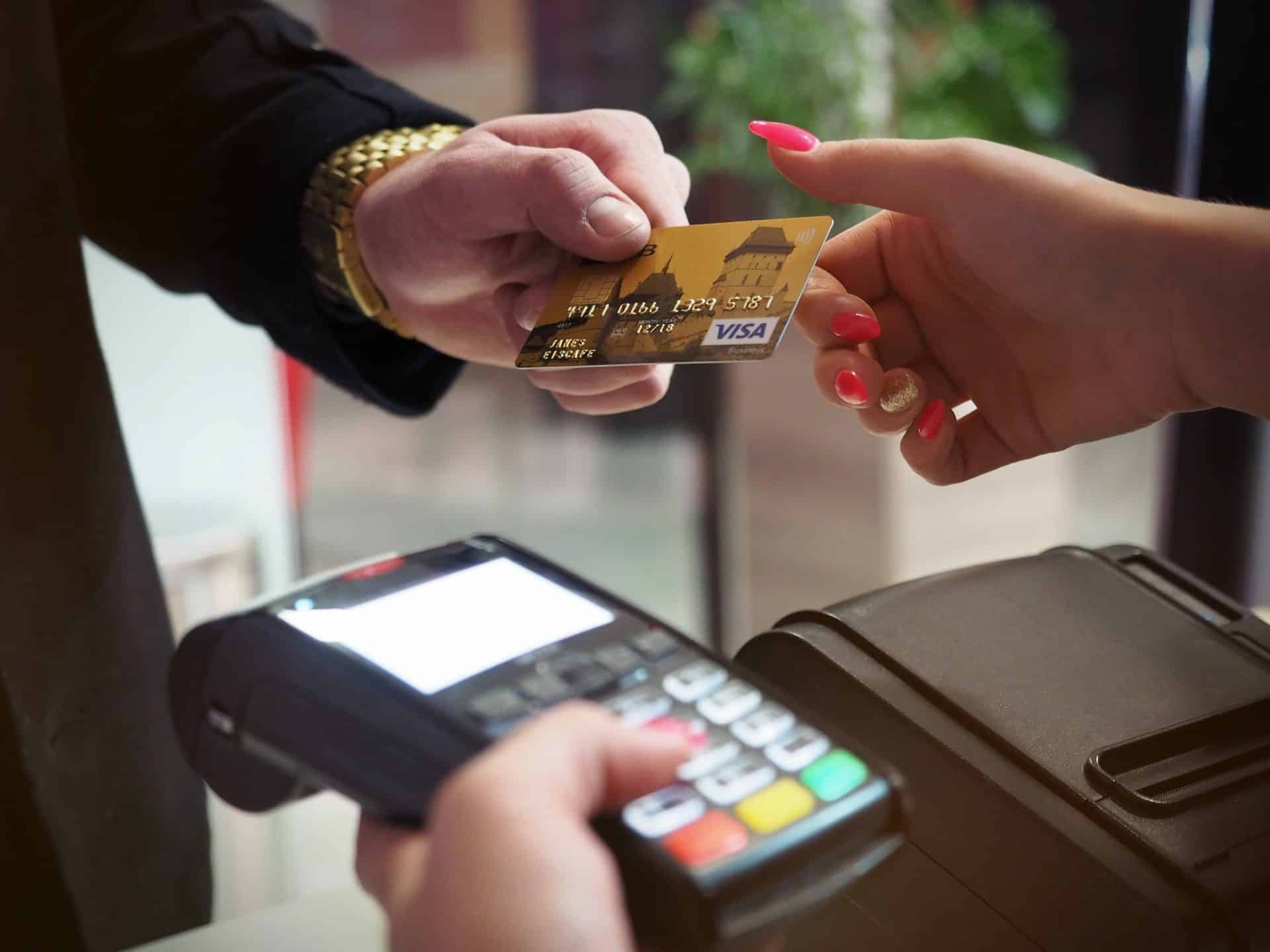
Pros and Cons of Self Credit Cards
Advantages
Using self credit cards offers several advantages for individuals looking to build or rebuild their credit. Firstly, self credit cards provide a platform for individuals to establish or improve their credit history. By making timely payments and effectively managing their credit, users can gradually build a positive credit profile.
Secondly, self credit cards enhance financial discipline and budgeting skills, as users are required to make regular payments and stay within their credit limits.
Lastly, self credit cards reduce the risk of overspending or accumulating excessive debt, promoting responsible financial behavior.
Limitations and Risks
While self credit cards offer significant benefits, they also come with some limitations and risks. Firstly, self credit cards typically have higher interest rates and fees compared to traditional credit cards.
This can result in higher borrowing costs if individuals carry balances on their self credit cards.
Secondly, failure to make timely payments on a self credit card can lead to the forfeiture of collateral or deposit, impacting the individual’s creditworthiness.
Lastly, self credit cards require responsible credit card management to avoid falling into debt traps or a cycle of revolving credit.
Rewards and Perks of Using Self Credit Card
The Self Visa® Credit Card is a great tool for managing your finances, packed with rewards and perks. Its main benefit is its ability to help you build credit. By making purchases and paying your bills on time, you have the potential to improve your credit score.
This is because the Self Credit Card reports your responsible usage to all three major credit bureaus – Equifax, Experian, and TransUnion – ensuring that it’s reflected in your credit history and report.
Aside from credit-building, the Self Visa® Credit Card is designed to be cost-effective. It doesn’t have an annual fee, which is a big advantage for your financial management.
Additionally, it offers a competitive interest rate, making it a more affordable option for those who carry a balance. This interest rate, combined with the card’s credit limit, strikes a balance between spending power and manageable debt.
The Self Credit Card also provides protective features, such as zero-liability protection for unauthorized transactions. With this feature and an auto rental collision damage waiver, you have a safety net that adds even more value to the card when it comes to managing your finances and debt.
Choosing the Right Self Credit Card
Key Features and Rewards Programs
When choosing the right self credit card, it is important to evaluate key features and rewards programs. Interest rates, annual fees, and introductory offers should be considered, as they can impact the overall cost of using the credit card.
Additionally, individuals should assess any cashback, rewards, or other incentive programs offered by the credit card issuer to maximize the benefits of their self credit card.
Researching and Comparing
To make an informed decision, individuals should research and compare the available self credit cards in the market. This involves investigating different credit card providers, reading reviews and customer feedback, and considering the reputation and reliability of the credit card issuer.
Online comparison tools can also be utilized to compare features, interest rates, fees, and rewards programs offered by different self credit cards.
Assessing Financial Needs and Goals
Choosing the right self credit card also requires individuals to assess their individual financial needs and goals. Identifying credit-building goals, such as improving credit scores or establishing a positive credit history, should be considered.
Additionally, individuals should evaluate any existing or future financing needs they may have to ensure that the chosen self credit card aligns with their financial goals.
Determining affordability and credit card usage preferences, such as travel rewards or cashback, can also guide individuals in selecting the right self credit card.
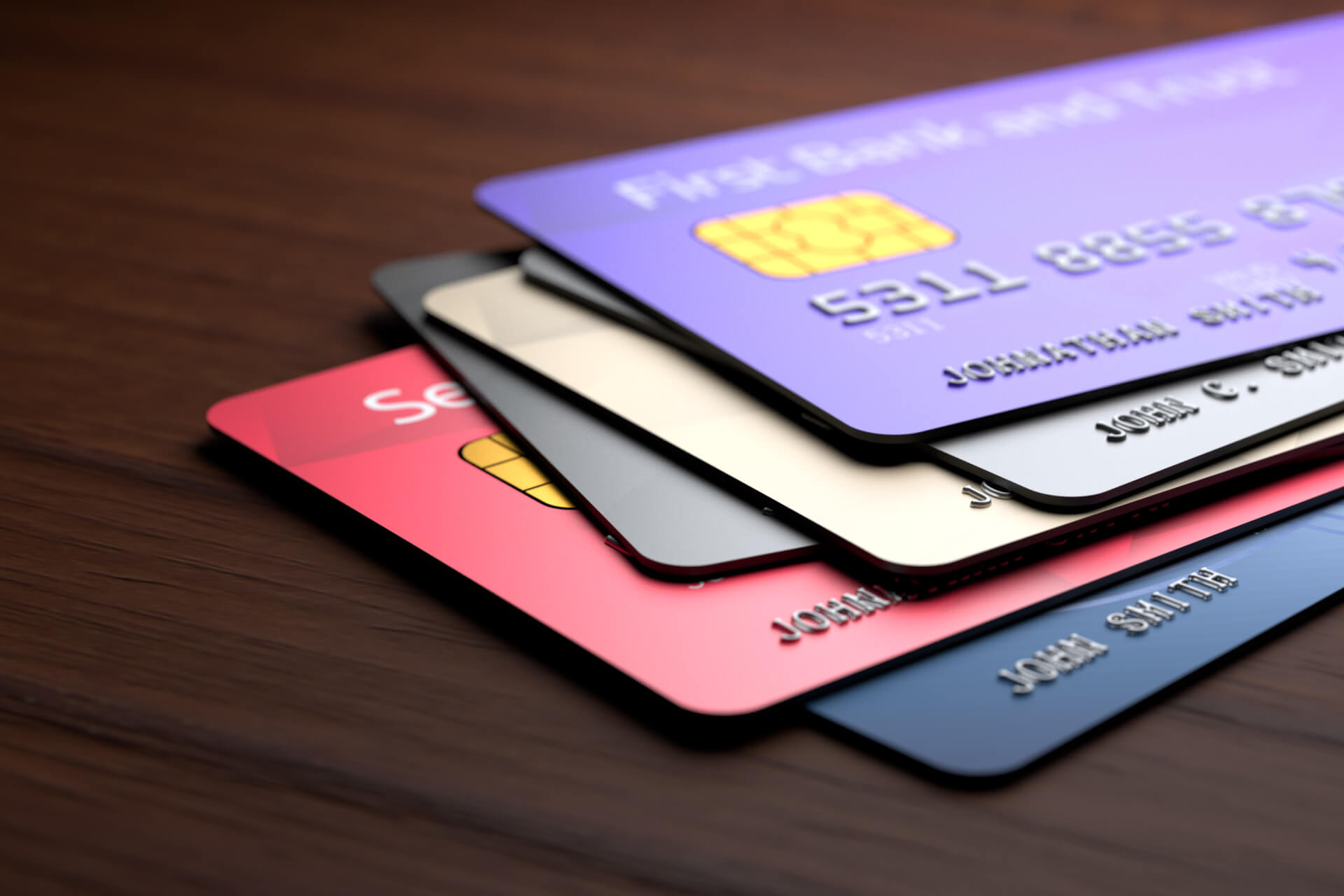
Cost Analysis
The Self Credit Card is an essential tool for managing your finances effectively and boosting your credit score. To fully grasp its value, it’s crucial to understand its cost structure.
In this analysis, we will delve into the interest rates, annual fees, and other associated costs of this card, which play a vital role in maintaining a positive credit report.
While there are plenty of credit card options available, the Self Credit Card stands out with its unique features that can have an impact on your credit score.
However, it’s important to note that it may not be the most cost-effective choice. The value you get from this card will depend on your individual financial habits, credit history, and credit limit requirements. The actual cost of a credit card goes beyond just the fees and interest rates.
It also includes potential rewards, usability, and the quality of customer service. When you consider all these factors, the Self Visa® Credit Card offers a competitive package that can be beneficial for users who are seeking loan approval and looking to improve their credit score.
Interest Rates
Interest rates play a crucial role in determining the overall cost of the Self Visa® Credit Card. This card comes with a variable Annual Percentage Rate (APR) that hinges on the U.S. Prime Rate. Consequently, borrowing costs can fluctuate due to changes in the interest rate, impacting both your credit score and credit report.
If you carry a balance from one billing cycle to another, interest charges will be applied to your Self Credit Card.
Fortunately, you can minimize borrowing costs by sticking to a disciplined payment schedule. By doing so, you can avoid interest charges and positively impact your credit history.
It is imperative for potential users to understand how the interest rate structure of the Self Credit Card functions. Having a comprehensive understanding of how interest rates are calculated and applied helps in making informed decisions regarding credit card usage, adhering to payment schedules, and managing debt effectively.
Annual Fee and Other Associated Costs
The Self Credit Card comes with an annual fee, which is pretty common among credit cards. This fee is a fixed amount that you have to pay once a year for the privilege of using the card.
They usually charge it on the same day you opened the account, and it’s automatically added to your credit card bill, which affects how much credit you have available.
On top of the annual fee, there are a few other costs that you need to be aware of with the Self Credit Card. These include charges for late payments, bounced payments, and transactions made in foreign currencies.
Knowing about these costs and what they mean for your budgeting, credit report, and credit card applications is super important. Each of these costs adds to the overall expenses of having the Self Credit Card.
When you understand these fees and how they work, you can better manage your credit card usage and potentially avoid unnecessary charges. This can definitely improve your chances of getting approved for loans and help you handle your debts more effectively.
Potential for High Interest Charges
The Self Visa® Credit Card, like many other credit cards, can lead to high-interest charges, especially for those who carry a balance from month to month. Unlike fixed-rate cards, the interest rate on this one is variable and can change based on the prime rate.
This fluctuation in interest rates can significantly impact the overall cost of carrying a balance on the card. It’s important for potential cardholders to be aware that late payments can result in penalty APRs, which can substantially increase the cost of carrying a balance.
It is also crucial to note that the Self Visa® Credit Card does not provide a grace period for new purchases.
This aspect needs careful consideration as it means that interest starts accumulating the moment a purchase is made. Unlike some other cards that offer a grace period of 20-25 days, this card does not provide that breathing space.
Consequently, this feature can significantly raise the cost of using the card if you cannot pay off your balance in full every month.
Additionally, it is worth mentioning that while the Self Credit Card can assist in building credit, it may not be the most suitable option for those seeking a credit card with low interest rates.
There are other cards available in the market that offer lower interest rates and more favorable terms for individuals carrying a balance.
Therefore, potential cardholders should evaluate their options carefully and choose a card that aligns best with their financial needs and spending habits.
Breaking Down the Fine Print
The Self Credit Card is just like any other financial product; it comes with some important details that potential cardholders should fully understand. One of these details is the variable APR, which means that the cost of carrying a balance can change over time.
This could be a big deal for people who often have a balance because it affects how much it will cost them to borrow money. On top of the variable APR, there are also several fees that potential cardholders need to be aware of.
These fees include an annual fee, a late payment fee, and a fee for returned payments. These fees can build up over time and end up costing a lot more than expected.
Because of these fees, it’s really important for potential cardholders to be completely aware of them and to consider them when deciding whether or not to get the card. Another thing to think about is that the Self Credit Card charges a fee for foreign transactions.
This means that it might not be the best choice for people who travel outside of the United States a lot, as every purchase made abroad will have an additional cost.
Lastly, something that sets the Self Credit Card apart from many other credit cards on the market is that it doesn’t offer a grace period on new purchases.
What this means is that interest starts adding up as soon as a purchase is made, so it’s definitely a key detail to keep in mind.
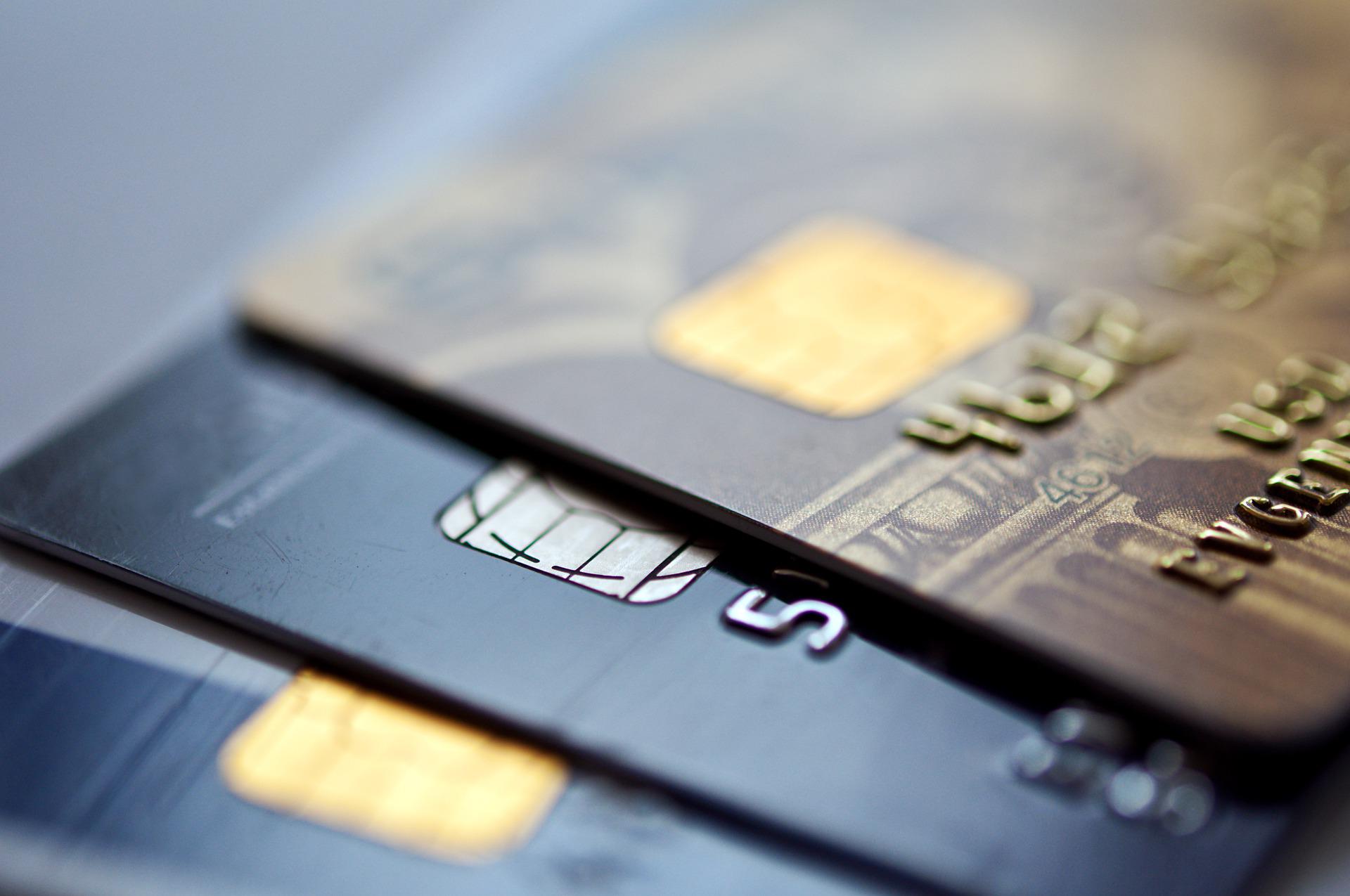
Comparing Self Credit Card with Other Cards
When it comes to comparing the Self Credit Card with other credit cards, there are a few things you should keep in mind. First off, take a look at the interest rates and fees for each card.
The Self Credit Card comes with a variable Annual Percentage Rate (APR) and a few different fees, including an annual fee and a fee for foreign transactions. These costs can have a big impact on how much you end up paying overall.
Apart from the costs, it’s also worth considering the rewards and benefits that each card offers. Unlike many other cards, the Credit Card doesn’t have a rewards program. However, it does have a feature that helps you build your credit score, which can be really useful if that’s one of your goals.
Another important aspect to think about is the customer service and user experience with each card. The Self Credit Card has received mixed reviews in this area.
Some customers have praised its credit-building features, while others have criticized the high fees and interest rates. So, it’s essential to think carefully about these factors when deciding which card suits your needs best.
Self Credit Card vs. U.S. Bank Altitude® Go Secured Visa® Card
When it comes to comparing the Self Visa® Credit Card and the U.S. Bank Altitude® Go Secured Visa® Card, there are a few important differences to keep in mind. Let’s dive in!
First off, the U.S. Bank Altitude® Go Secured Visa® Card comes with a rewards program, which the Self Visa® Credit Card doesn’t offer. This can be really advantageous for folks who frequently use their credit card and make sure to pay off their balance in full every month. Who doesn’t love earning some rewards while managing their finances, right?
Another point to consider is the APR, or annual percentage rate. The U.S. Bank Altitude® Go Secured Visa® Card has a lower APR compared to the Self Visa® Credit Card.
This lower interest rate can lead to some significant savings, especially for those who tend to carry a balance from one month to another. So, if you like to keep your expenses in check while also saving some money, this lower APR could be a game-changer for you.
Now, let’s talk about credit-building. If you’re someone who’s looking to build your credit history, the Self Visa® Credit Card might be the better option for you.
This card reports your credit activity to all three major credit bureaus, which can significantly help in improving your credit score. So, if you’re determined to enhance your creditworthiness, this feature could be a real game-changer.
Ultimately, it’s important for potential cardholders to carefully consider these factors and decide which card aligns best with their individual needs.
Whether it’s the rewards program, the lower APR, the absence of foreign transaction fees, or the credit-building advantage, each card has its own perks. So, take your time, weigh the pros and cons, and make the choice that suits you best. Happy card hunting!
Self Credit Card vs. Discover it® Secured Credit Card
The Self Credit Card and the Discover it® Secured Credit Card are both great options if you’re looking to improve your credit score. However, they have some key differences that you should consider before making a choice.
Let’s start with the Self Visa® Credit Card. This card takes a unique approach to financial management by allowing you to build credit without a credit check or upfront deposit.
It’s connected to the Self Credit Builder Account, which means that while you’re using the card, you’re also managing a loan. This can be a great way to make progress in improving your credit score.
Now, let’s talk about the Discover it® Secured Credit Card. This card requires you to make an initial refundable deposit, which then determines your credit limit.
One of the standout features of this card is that it offers cash back rewards on every purchase. This is something that the Self Visa® Credit Card doesn’t offer.
So if you’re looking for a card that can help you with debt management and also earn you cash back, the Discover it® Secured Credit Card might be the better choice for you.
However, it’s important to note that the Discover it® Secured Credit Card does require a credit check. This means that it can have an impact on your credit report and may make the credit card application process more challenging for some people.
Both the Self Visa® Credit Card and the Discover it® Secured Credit Card report to all three major credit bureaus, which is a good thing. It means that by using either of these cards responsibly, you can make a positive impact on your credit score.
Ultimately, the choice between these two cards will depend on your individual circumstances. Consider factors like your credit history, credit score, and personal financial management goals when making a decision.
Self Visa® Credit Card vs. Tomo Credit Card
The Self Credit Card and the Tomo Credit Card are two credit cards specifically designed to help improve your credit score.
The Self Visa® Credit Card allows you to build your credit by getting a credit builder loan, and the best part is that you don’t need to go through a credit check or put down a deposit upfront.
This makes the process of applying for the credit card easy and convenient, especially if you have a less-than-perfect credit history.
On the other hand, the Tomo Credit Card takes a different approach by using cash flow underwriting to determine if you’re creditworthy.
Is Self Visa® Credit Card the Best Option for You?
You don’t need to worry about a credit check or an upfront deposit. This feature makes applying for the card a breeze, especially if your credit history isn’t so stellar.
However, it’s important to note that the Self Credit Card doesn’t offer any rewards or cash back on your purchases. If these perks are important to you, it might be worth exploring other credit card options.
To get the Self Credit Card, you’ll also need a Self Credit Builder Account. While this might not be the ideal solution for everyone’s debt management needs. It’s a powerful tool for improving your credit score. The fact that it reports to all three major credit bureaus adds another layer of effectiveness.
Ultimately, the Self Visa® Credit Card is a solid choice for those who are looking to build their credit. Just remember that it might not be the perfect fit for everyone. So, take the time to evaluate your unique needs and goals before making a final call.
FAQs
Can I Apply for a Self Credit Card with Bad Credit?
Yes, self credit cards are specifically designed for individuals with limited or poor credit history. They offer an opportunity to improve credit scores and build a positive credit profile.
How Long Does It Take to Build Credit with a Self Credit Card?
The time it takes to build credit with a self credit card varies depending on individual circumstances. Consistently making timely payments and managing credit responsibly can lead to improvements in credit scores over time.
Are Self Credit Cards Suitable for Improving Credit Scores?
Yes, self credit cards are an effective tool for improving credit scores. By making regular payments and maintaining a low credit utilization ratio, individuals can gradually build a positive credit history.
What Happens if I Default on Payments with a Self Credit Card?
Defaulting on payments with a self credit card can result in the forfeiture of the collateral or deposit provided. It can also have a negative impact on credit scores and creditworthiness.
Can I Graduate from a Self Credit Card to a Traditional Credit Card?
Graduating from a self credit card to a traditional credit card is possible with responsible credit management. By demonstrating consistent payment history and improving credit scores, individuals may become eligible for traditional credit cards in the future.
Table of Contents
Get Your Credit Repaired With credit-repair.com
Google Review:
or
WHY CHOOSE US
We also would counsel you on real, legal, and ethical credit repair for clients rebuilding their life and credit ratings after hardship. Achieving financial freedom is the ultimate dream allowing you to live the life you want to enjoy. Get the help of a professional credit repair company by contacting us.
Our credit restoration services are tailored to your unique situation, and we never make you pay for anything you don’t need. When you sign up for either our Essentials or Essentials Plus packages, you can rest assured that you’ll be receiving the bare minimum of care necessary for your specific situation. You can opt for additional customization options to further tailor our offerings to your specifications. In this manner, you won’t overpay for perks you don’t use. This is the essence of adaptability.

